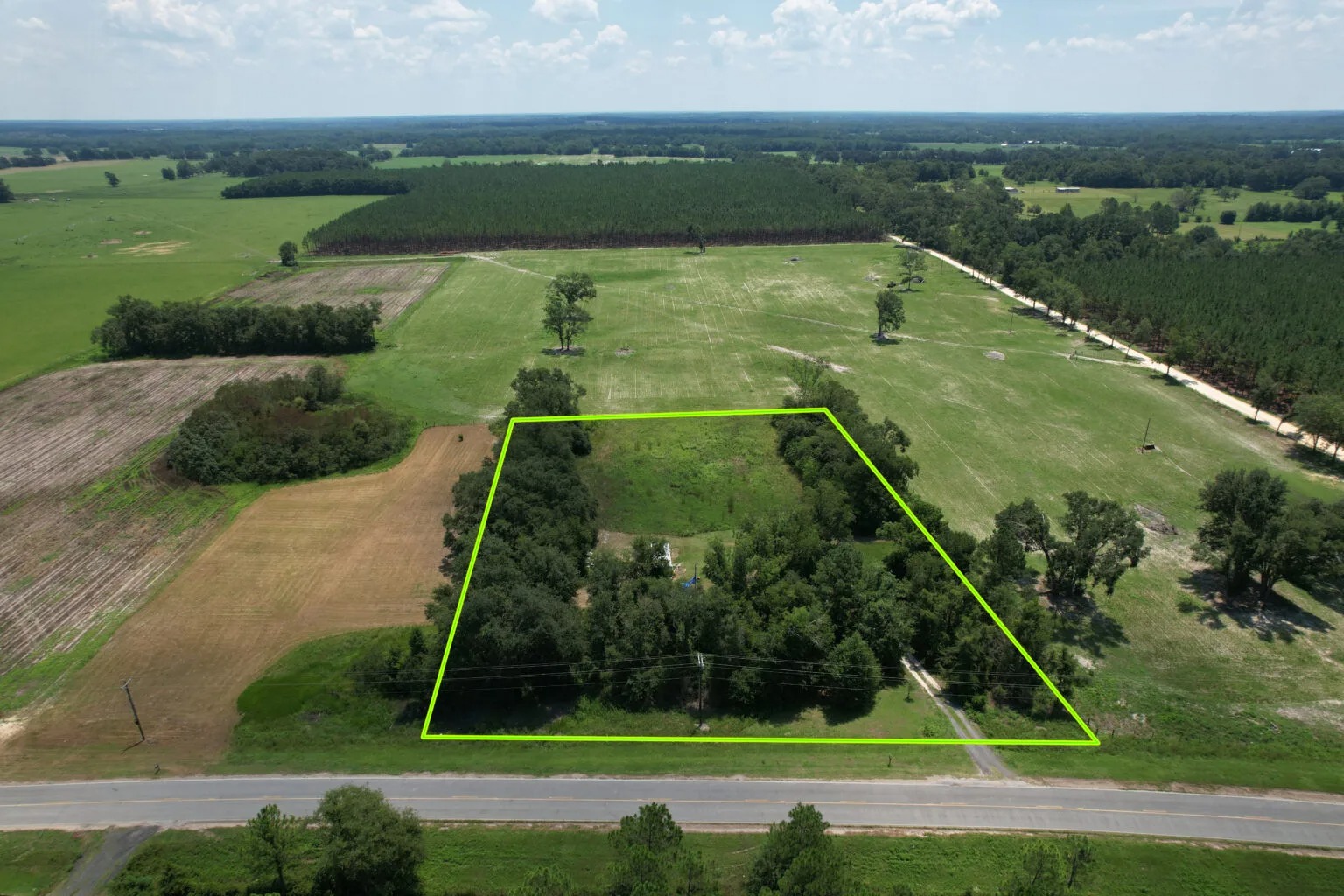Selling land zoned for agriculture in South Carolina comes with unique challenges and opportunities. Whether you own farmland, timberland, or open acreage, understanding the selling process can help you attract the right buyers and close a successful deal. This guide walks you through each step, from preparing your property to completing the final sale.
Key Considerations Before Selling Agricultural Land
Before listing your property, it’s essential to evaluate factors that influence its marketability:
- Location: Land near cities or major roads may appeal to investors, while rural areas attract farmers and conservationists.
- Soil and Terrain: Productive farmland with good soil quality often holds more value. Buyers may request a soil test to assess suitability for crops or livestock.
- Zoning and Land Use: South Carolina zoning laws determine how agricultural land can be used. Check local ordinances to confirm potential buyers can use the land as intended.
- Market Demand: Stay informed about trends in agricultural land sales. Demand can vary based on local economic conditions, farming trends, and development projects.
Steps to Get Your Land Ready for Sale
A well-prepared property attracts serious buyers and leads to a smoother transaction. Here’s how to prepare:
-
Get a Land Survey
-
-
- A professional survey ensures accurate property boundaries and helps prevent disputes.
- Consider obtaining a topographical map to highlight features like water sources and elevation changes.
-
-
Check for Legal or Title Issues
-
-
- Verify that the title is clear of liens or ownership conflicts.
- If the land is part of an estate, ensure all legal paperwork is up to date.
-
-
Improve Access and Presentation
-
-
- Maintain roads and pathways leading to the land.
- Remove unnecessary debris, overgrown vegetation, or abandoned structures to enhance appeal.
-
-
Understand Tax Implications
-
- Agricultural land sales may have tax consequences, including capital gains taxes.
- Consulting a tax professional can help minimize unexpected costs.
Setting the Right Price for Your Land
Determining a competitive and realistic price is key to attracting serious buyers:
- Get a Professional Appraisal
- A licensed appraiser with experience in agricultural land can provide an accurate valuation.
- Research Comparable Sales
- Reviewing recent sales of similar properties in your region can help establish a competitive price.
- Consider Income Potential
- If the land is used for farming, timber, or leasing, its earning potential may increase its value.
How to Market Agricultural Land Effectively
Finding the right buyer requires targeted marketing:
- Work with a Real Estate Agent Specializing in Land Sales
- An agent familiar with South Carolina’s rural real estate market can connect you with serious buyers.
- Use Online Listings
- Post your property on land-specific websites, real estate marketplaces, and social media.
- High-quality images and drone footage can help showcase the land’s best features.
- Engage Local Buyers
- Farmers, ranchers, and investors in your area may be interested.
- Advertise in local publications or agricultural newsletters.
- Network with Industry Professionals
- Land developers, agribusiness owners, and forestry companies may be looking for agricultural land.
Handling Offers and Closing the Sale
Once you attract interested buyers, it’s time to negotiate and finalize the deal:
- Evaluate Offers Carefully
- Look beyond just the highest bid. Consider financing terms, contingencies, and the buyer’s plans for the land.
- Negotiate Contract Terms
- Work with a real estate attorney to review and negotiate terms, including closing dates and included assets.
- Complete the Sale Process
- Ensure all legal documents, including deeds, disclosures, and tax forms, are properly filed.
- Coordinate with a title company to handle escrow and closing paperwork.
Key Takeaways
- Know Your Market: Understanding local demand helps set realistic expectations.
- Prepare Your Land: A well-maintained, accessible property is more attractive to buyers.
- Price It Right: Professional appraisals and market comparisons ensure competitive pricing.
- Market Effectively: Use online and local resources to reach the right buyers.
- Close with Confidence: Professional guidance ensures a smooth, legally compliant transaction.
Frequently Asked Questions
How long does it take to sell agricultural land in South Carolina?
Selling timelines vary based on location, property condition, and market demand. On average, it may take several months to find the right buyer.
Are there specific legal requirements for selling farmland?
Yes. South Carolina has zoning laws and land-use regulations that must be followed. Sellers should also disclose any known easements, restrictions, or environmental factors.
Do I need a real estate agent?
While you can sell independently, hiring an agent with expertise in agricultural properties can help you navigate negotiations and legal requirements more efficiently.
Can I sell a portion of my land?
Yes, but subdividing property requires compliance with local zoning laws and potential survey updates.
What happens if the land is under a lease agreement?
Existing leases should be disclosed to potential buyers. Buyers may need to honor lease terms until expiration.
Final Thoughts
Selling agricultural land in South Carolina involves careful planning, pricing, and marketing. By preparing your property, understanding the legal aspects, and utilizing effective sales strategies, you can find the right buyer and close a successful transaction. Consulting with real estate professionals and legal advisors can make the process smoother and ensure compliance with all regulations.



